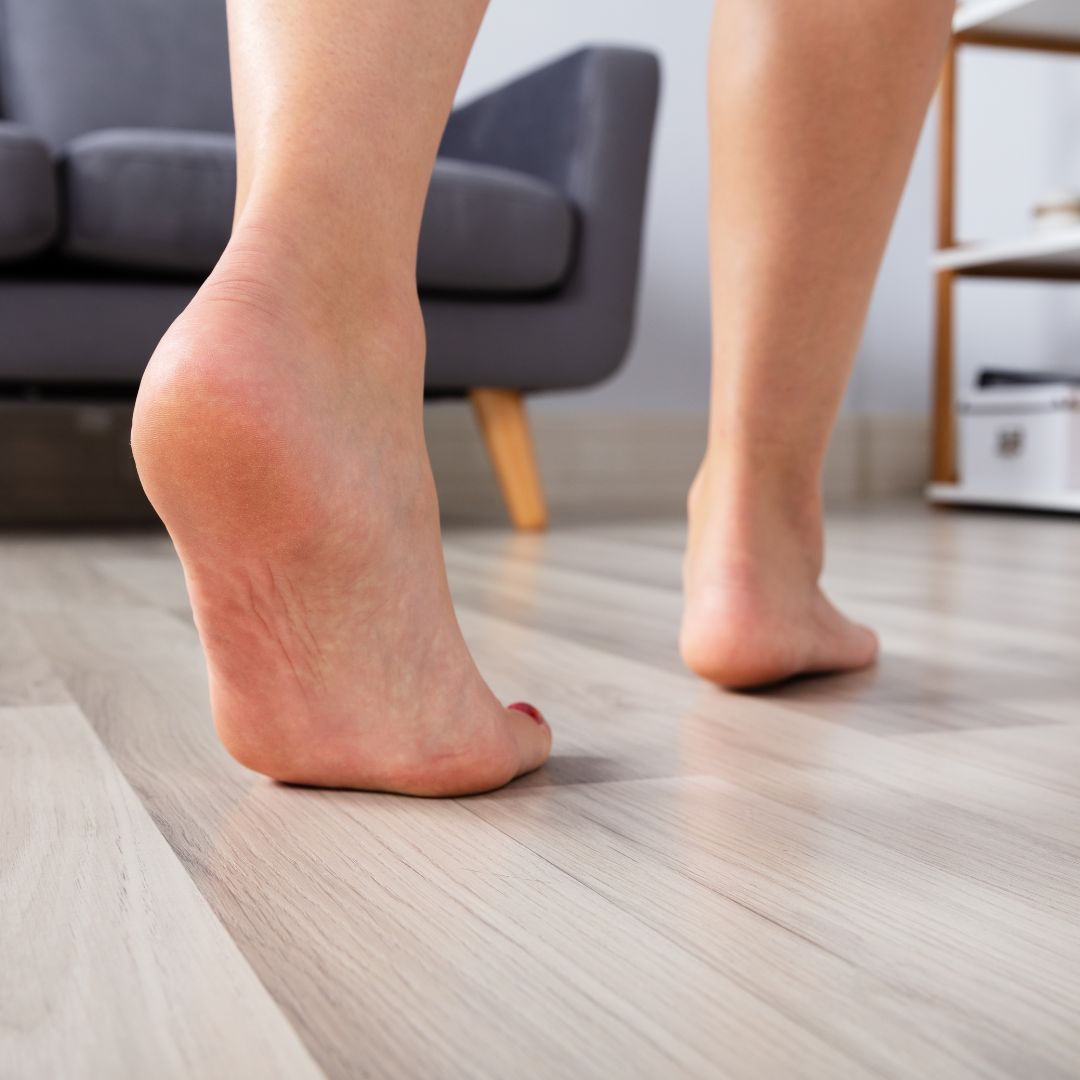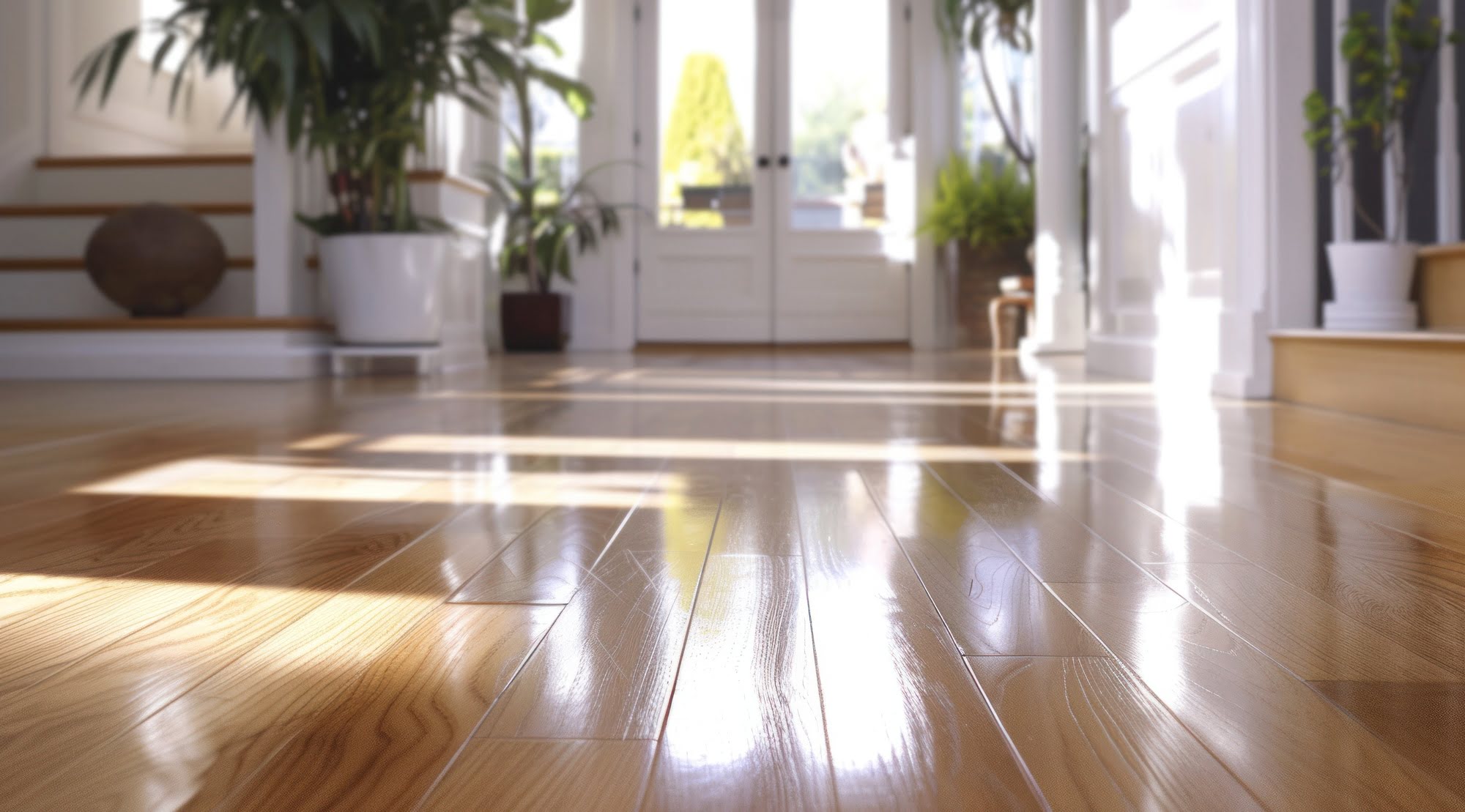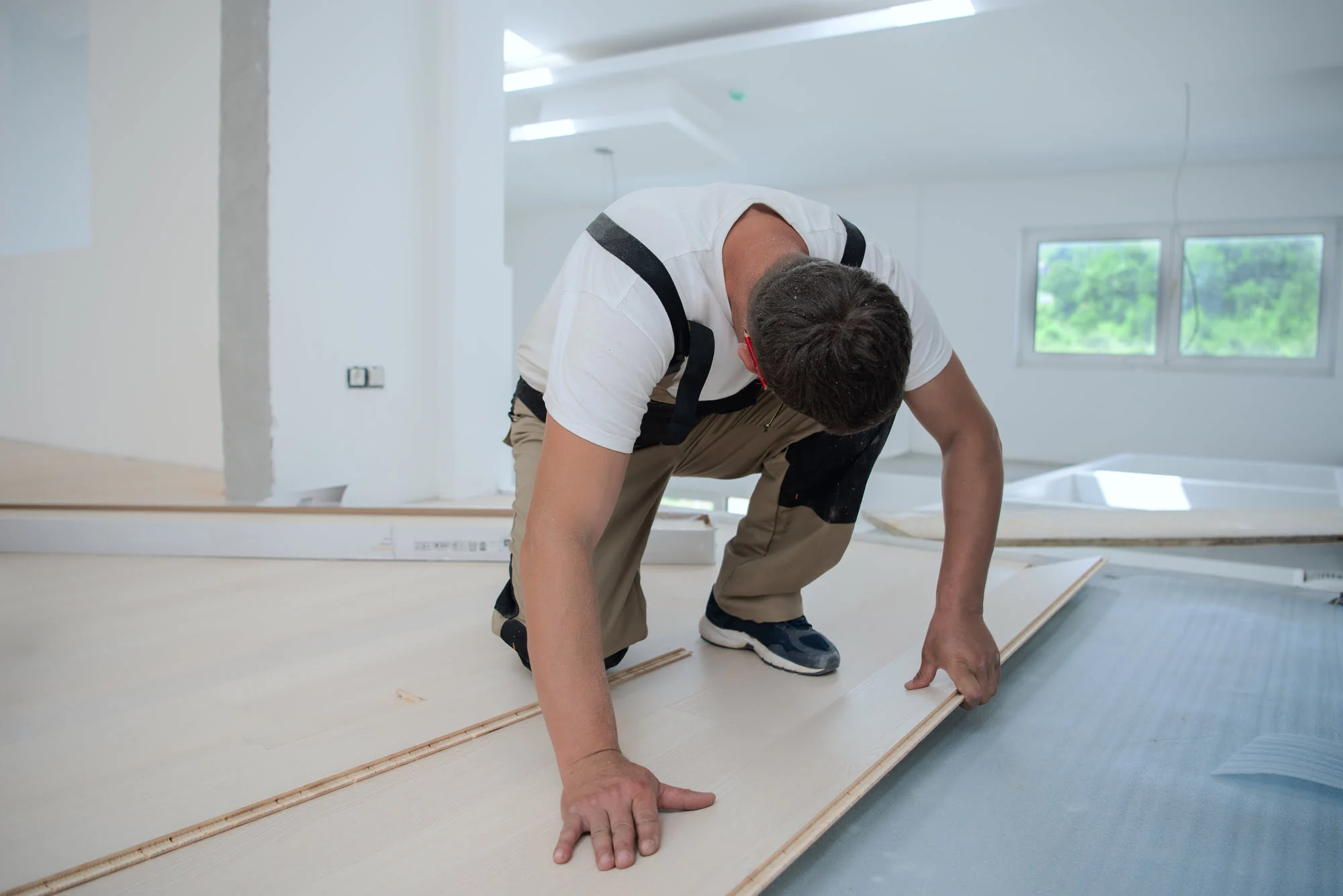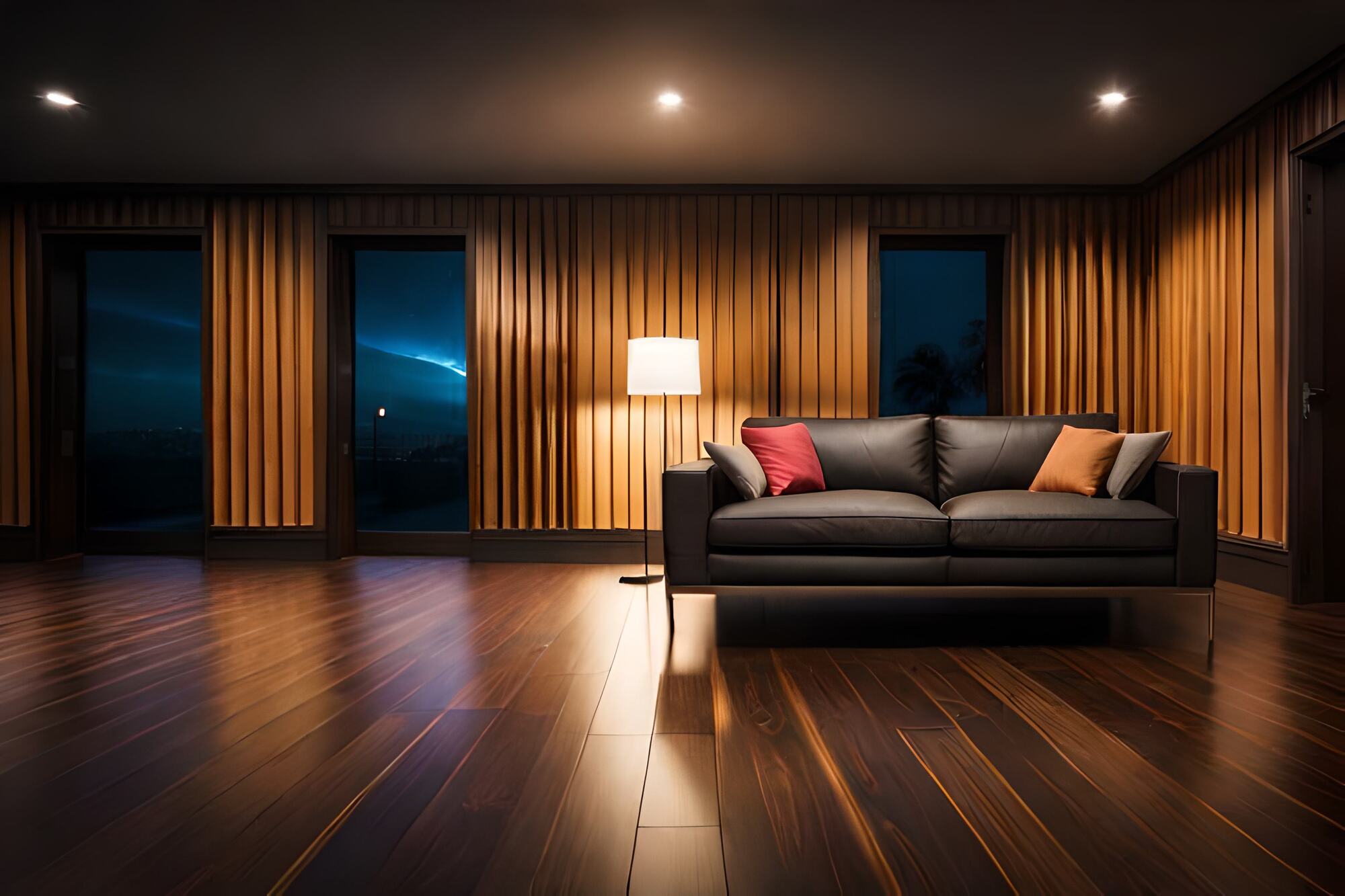There is nothing more annoying than having squeaky floors. This is especially true if you’re trying to have a sneaky midnight snack undetected! You may expect squeaky floors in older homes, but if you have a relatively new home or have newly installed floors, these squeaks are more than an annoyance. We will now dive into what causes squeaky floors as well as what you can do about them.
Squeaky Floor Causes
One of the main causes of squeaky floors is movement. After all, floors don’t squeak by themselves, but only after being stepped upon. Unfortunately, there are many reasons why your floors may be moving such as:
1. The Weather
If you experience very cold weather where you live and have heating in your home, then this can cause your floors to become very dry. This naturally causes your wooden floors to shrink which would lead to increased tension on the fasteners and more pulling. Then, when the humidity in your home returns to normal, your floors would go back to their original size, however, they wouldn’t be held as securely as before to your home’s subfloor. When this is combined with friction, squeaking can occur.
2. Out Of Level Subfloor
Once there is a void under your wooden floor and subfloor, you will likely experience squeaking upon movement. There are many reasons why these voids can occur such as out of level joists, subfloor seams that are high and low, subfloor residue such as adhesive and drywall mud, heavy beams, settling of the home etc.
3. Spaces Between Joists And The Subfloor
This is similar to the previous point, however, it refers to any spaces between the subfloor and joists. In order to fix this issue you will need to glue and nail the joists to your home’s subfloor. This isn’t commonly done, which leads to this issue.
4. Insufficient Fastener Size/Frequency
If the fasteners that are used are too small then they will fail to properly hold the floor to the subfloor. So, as time passes, these fasteners would get loosened and lead to squeaks. This can even occur if not enough fasteners aren’t used.
5. Degraded/Poor Quality Subfloor
There are many types of subfloor that come in varying grades. If a poor quality subfloor is used or even if the subfloor was subject to rain or excess water, it can lead to squeaking. Keep in mind that this can still happen even if it is waterproof.
What Causes Squeaky Floors? Solutions To Consider
Fortunately, there are many things that can be done to fix squeaky floors. One solution is to use screws from underneath so that the flooring is well secured to the subflooring. You can even utilize hollow spot repair where epoxy can be used to fill any voids. Lubricants can also be used to fix squeaky floors such as graphite, WD-40, talcum powder etc. However, keep in mind that this solution can be temporary. Other options include using the “Squeak No More” or “Squeak Ender” solutions. Squeak Ender helps to get rid of voids and Squeak No More uses top screwing boards to solve squeaking.
Conclusion
To wrap things up, if you want to avoid squeaking floors, it is best to be proactive by hiring a flooring company that knows what they are doing and offers highly professional flooring installations. Classic Flooring offers the best flooring solutions and you can rest assured that their floors will never squeak! So, be sure to check them out at https://idahofallsflooring.com for more details.






About the author